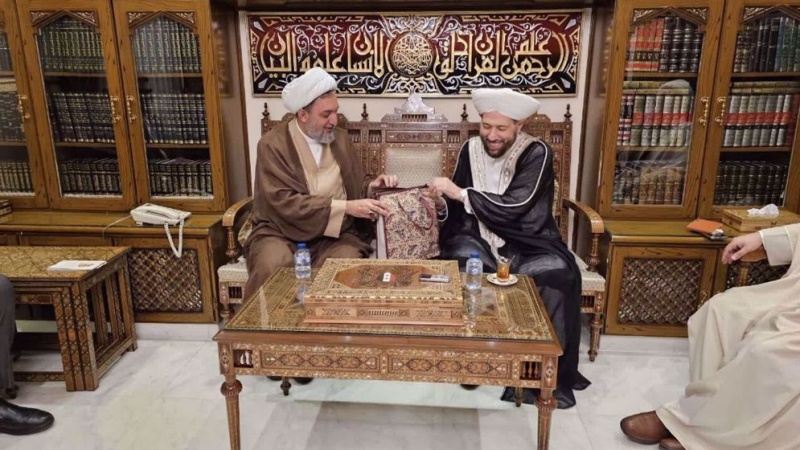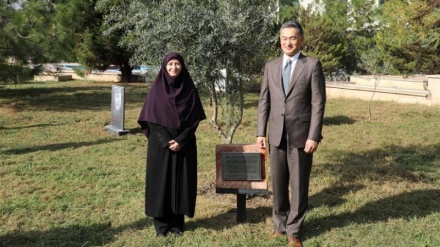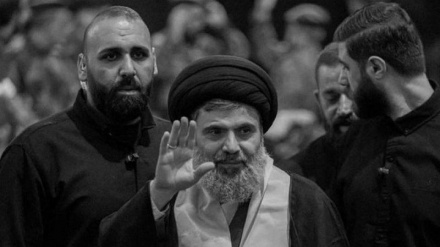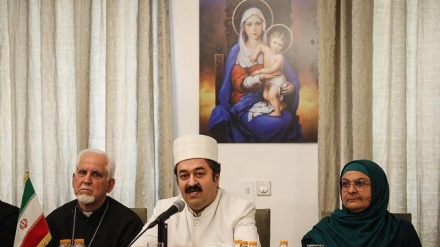Iran's presidential aide urges enhanced religious diplomacy to cure Muslim woes
The advisor to Iranian President Seyyed Ebrahim Raeisi in clerical affairs has underlined the need to shore up religious diplomacy to cure social troubles gripping Muslim countries.
According to Press TV, Mohammad Haji Abolghasem Dulabi, who is also a member of the Assembly of Experts, made the remarks in a meeting with Syrian Minister of Awqaf (religious endowments) Mohammed Abdul Sattar in Damascus on Sunday.
Dulabi said religious diplomacy should be strengthened along with political diplomacy to solve cultural and social problems in the Islamic world.
The Syrian minister, for his part, expressed his readiness for cooperation on implementing the idea put forward by the Iranian cleric.
Faith-based diplomacy is a form of multi-track diplomacy that seeks to integrate the dynamics of religious beliefs with the conduct of international peacemaking.
Also during his visit to Syria, Doulabi spoke at a ceremony held at the Syrian National Library to mark the 34th passing away anniversary of the founder of the Islamic Republic Imam Khomeini (God's mercy upon him).
In his address, he analyzed the basics of Imam Khomeini's political theory and its impact on the foreign policy of the Islamic Republic.
'Muslim unity essential'
The Iranian cleric further held talks with religious and cultural officials in the northwestern Syrian city of Aleppo, where he highlighted the role of scholars in the success of the Islamic civilization.
"The success of the Islamic civilization will not be achieved unless by paying attention to Muslim scholars and building up unity," he said, adding, "The unity of scholars in all Muslim countries is essential."
The remarks come as after the 1979 Islamic Revolution, Iran has championed unity among Muslims more than any other state. The late founder of the Islamic Republic, Imam Khomeini (God's mercy upon him), declared an Islamic Unity Week in the 1980s to promote this objective.
In a separate meeting, the Iranian cleric held talks with Syria's former grand Mufti Ahmad Badreddin Hassoun, who stressed friendly ties between Tehran and Damascus.
The Syrian mufti also underscored the need for vigilance in the face of conspiracies by the Israeli regime and Western governments to damage relations between Muslim countries.
ME



